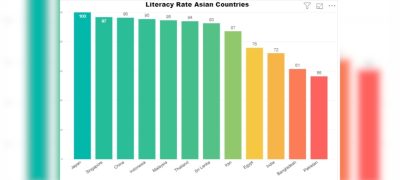Global oil markets saw a slight dip on Friday as traders worried about demand. However, despite the fall, oil prices fall on demand concerns but head for weekly gain. Analysts say the market remains supported by supply expectations and geopolitical factors.
Brent crude futures slipped by a few cents, while U.S. West Texas Intermediate (WTI) also recorded a minor decline. The drop came after weak economic data from major economies raised questions about future energy consumption.
Still, both benchmarks are set to record overall weekly gains. The statement “oil prices fall on demand concerns but head for weekly gain” reflects the mixed outlook shaping global energy markets. While demand worries weigh on prices, tighter supply has helped keep them from falling further.
Traders point to production cuts by OPEC+ members as a key factor supporting the market. Saudi Arabia and Russia have already signaled they will maintain reduced output levels in the coming months. This move is expected to balance weaker demand with limited supply.
Meanwhile, U.S. inventory data showed a decline in crude stockpiles. The report suggested steady consumption, which provided some relief to market watchers. Still, concerns remain about slowing growth in China and Europe, two of the world’s largest energy consumers.
Experts note that oil prices often fluctuate due to economic signals, political tensions, and currency changes. In the short term, they expect volatility to continue. However, supply discipline from producing countries is likely to keep prices supported.
As the week closes, investors remain cautious. Despite short-term declines, oil prices fall on concerns about demand but head for a weekly gain, reflecting the tug-of-war between weak demand and tight supply.
In Other News Read More: Ghee and Cooking Oil Prices Soar Across Pakistan







